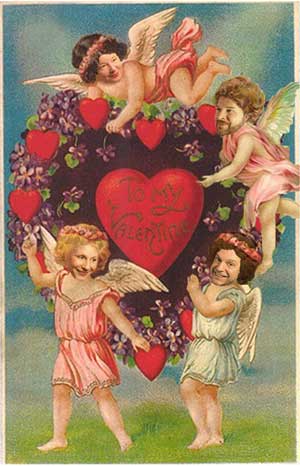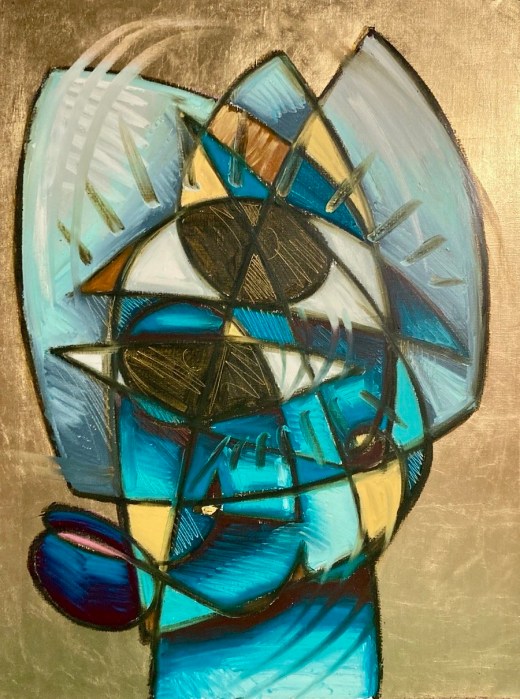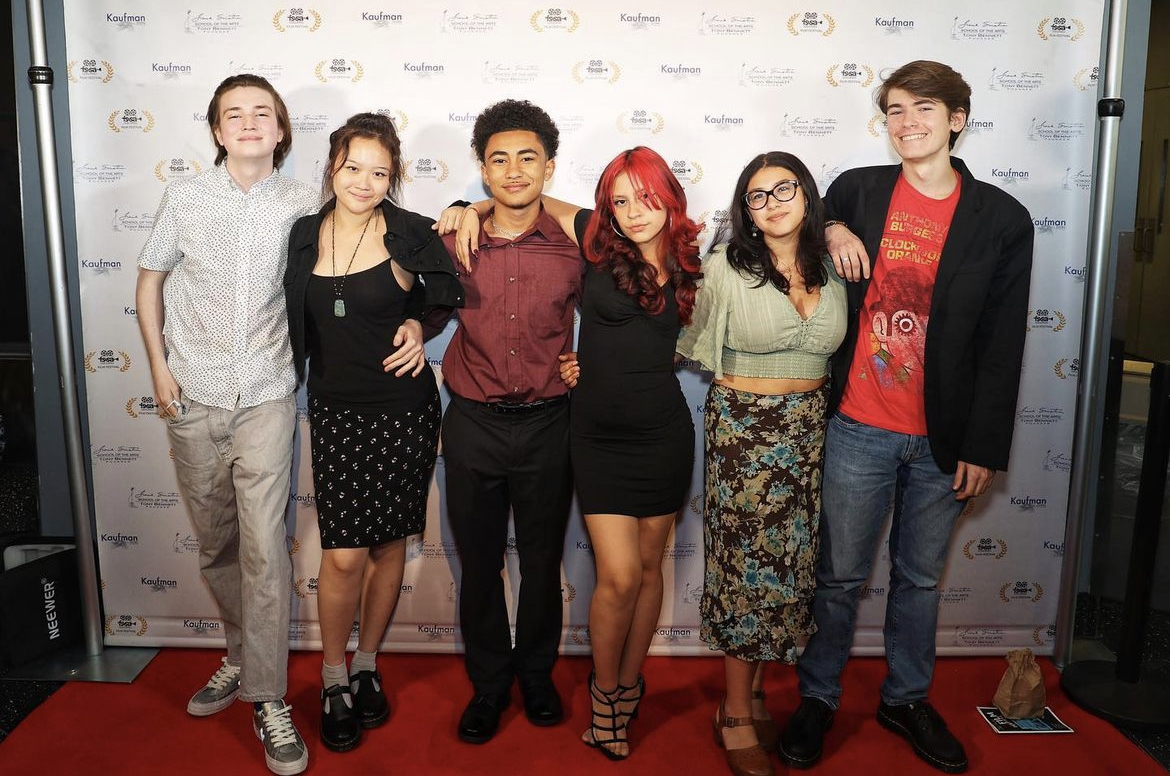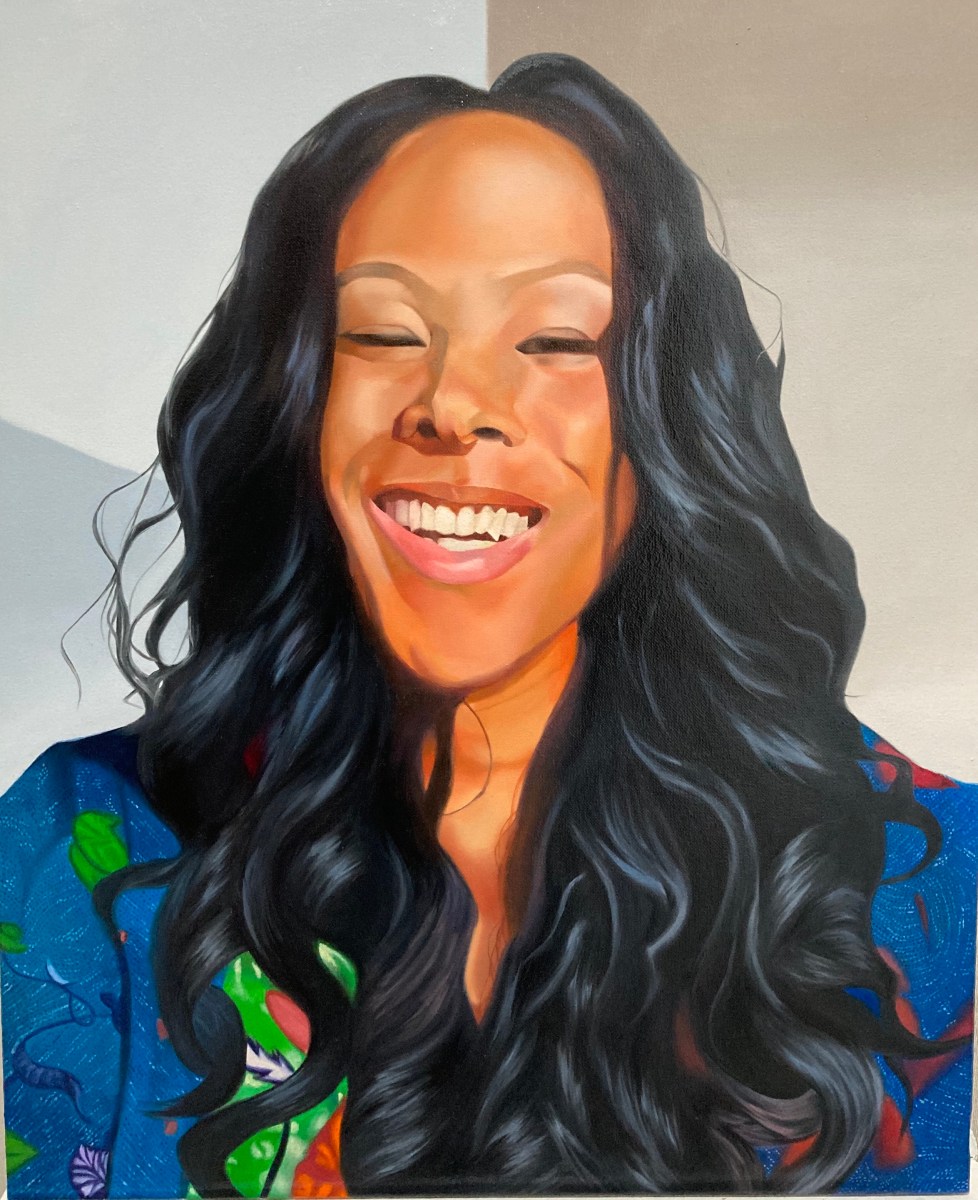[media-credit id=1 align=”alignleft” width=”300″] [/media-credit]
[/media-credit]
Valentine’s concert delivers music of love, very old school style
BY SCOTT STIFFLER | The four charismatic harmonizers who comprise the Bond Street Euterpean Singing Society may have been born at the wrong time — but their sense of timing is impeccable. As the arts group in residentce at the Merchants House Museum, BSESS keeps coming up with imaginatively curated programs featuring the works of composers (and vocal pyrotechnics) that recall parlor events common to those who lived life in the 19th century.
It’s fitting, then, that BSESS’s presentations take place in the grand Greek Revival double parlors on the first floor of the Merchant’s House. Frozen in time, the Merchant’s House (which is currently celebrating its 75th year in operation) has preserved domestic life as lived from 1835-1865. Surrounded by portraits of the Tredwell family and their original furnishings, the concerts (and, for that matter, any time spent in the space) effortlessly evoke a bygone era that can only be otherwise accessed through film, photographs and literature.
BSESS’s upcoming concert comes on the heels of a December holiday-themed appearance at the Merchant’s House (where, for one night only, they became “The Tinseltones”). In November, “Chant Macabre: Songs of Death & Enchantment” explored the 19th century obsession with mysticism, life after death and, well, death.
On February 14, “Love in the Parlors: A Valentine in Concert” will feature lush, romantic vocal music of the world’s great 19th century composers. Singers Anthony Bellov, Rosalind Gnatt, Jane Rady and Dayle Vander Sande will perform music by Rossini, Schubert, Liszt, Gounod, Mendelssohn, Strauss, Amy Beach and more.
Anthony Bellov and Dayle Vander Sande recently spoke with us about what to expect.
The East Villager: What’s on the program, and why?
Vander Sande: Since it’s a holiday-oriented program, they’re all love songs, love poetry set to music.
Any standout composers come to mind?
Bellov: Liszt was a superstar performer of the 19th century, like a rock star of nowadays. He was rather flamboyant, with a fiery personality, and very groundbreaking for his time. He broke a lot of rules — compositional rules and structural/harmonic rules. In the 19th century, particularly, there were a lot of preordained rules on how you constructed music. He didn’t ignore them, he flaunted them.
You mentioned, earlier in our conversation, that his songs in particular are unfairly neglected. Why?
Bellov: Partly, I think, because his music is so disturbing; and a lot of people have written it off as trite and gimmicky. In a way, it was. He purposely set out to break conventions. He was a brilliant pianist, and his love affairs were all over the newspapers at the time. Also, a lot of people [audiences] just don’t like to work too hard. With Liszt, that’s unavoidable.
What was “parlor music,” as it applies to the Tredwell family?
Vander Sande: Parlor music doesn’t just mean the family pulls out sheet music and sings together. The overarching title of our series is Salon Music, which reflects the musical salons of Europe of the 19th century, which were actually cultural clubs or societies. That’s why we call it the ‘Bond Street Euterpean Singing Society.’ There were no Lincoln Centers back then, no Kennedy Centers. There were opera houses, but they were small and very exclusive. The general public could not attend them. So a lot of music lovers who had no other options created their own societies. Music lovers, of specific types of music, would get together and put on amateur performances. Amateur, technically, means ‘lover.’ It does not mean inferior.”
How do you choose the content for your programs?
Vander Sande: For a program like this, which we look to be informed by history, we set a parameter that it has to have been composed or published between 1801 and 1900. That’s a general guide for all of our programs, although we expand that for the holiday concert.
Is there anything distinct about the 19th century mindset, when it came to songs about love?
Vander Sande: It was full of imagery, and a lot of it was based on Orientalism. This was a way for people, who would not be traveling as often as we do today, to be taken to other landscapes.
Bellov: And it [the music and the poetry set to music] was fiercely romantic — “I can’t possibly live without one smile or one glimmer from your eyes.” It’s that elevated. It’s that romantic.
Vander Sande: It’s a very dramatic way of expressing the deepest feelings.
Bellov: And for the audience, the music softens the edge of extreme passion, because [in Orientalism], it’s located elsewhere. So it’s okay for an exotic inhabitant of some distant country to express emotion in such strong terms — whereas if your neighbor did it, that could be disconcerting. Music has always been, and always will be, an escape; a device to take you out of your existence and to another place. You turn your brain off and become part of this mass emotion…and suddenly, you’re not concerned about your daily cares and woes.
LOVE IN THE PARLORS:
A VALENTINE IN CONCERT
Tues., Feb. 14, at 7pm
At Merchant’s House Museum
29 E. Fourth St. (btw. Lafayette & Bowery)
For tickets ($30, $20 for students/seniors), call 212-777-1089
Visit merchantshouse.org
Regular Museum hours: 12-5pm (closed Tues. & Wed.). Admission: $10 ($5 for students/seniors).

















